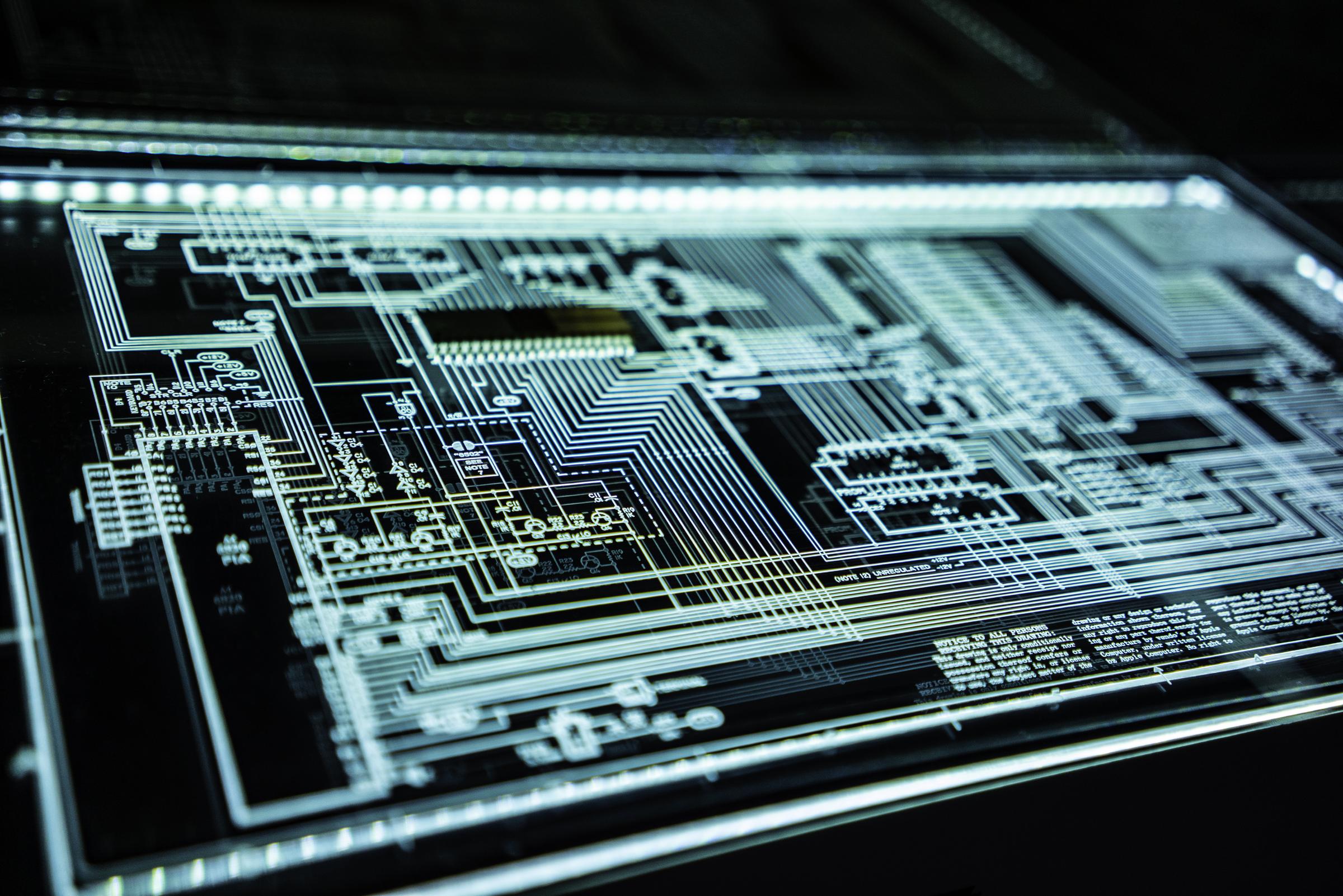VCE Technology
Creating Futures Together

VCE Technology
Creating Futures Together
Units 1, 2, 3 & 4
Course Description:
VCE Food Studies takes an interdisciplinary approach to the exploration of food, with an emphasis on extending food knowledge and skills and building individual pathways to health and wellbeing through the application of practical food skills. VCE Food Studies provides a framework for informed and confident food selection and food preparation within today’s complex architecture of influences and choices. Students explore food from a wide range of perspectives. They study past and present patterns of eating, Australian and global food production systems and the many physical and social functions and roles of food. They research economic, environmental and ethical dimensions of food and critically evaluate information, marketing messages and current trends. Practical work is integral to Food Studies and includes cooking, demonstrations, creating and responding to design briefs, dietary analysis, food sampling and taste-testing, sensory analysis and product analysis.
The study is made up of four units.
Assessment:
Expected Skills:
Basic knowledge and interest in food preparation and hospitality.
View Powerpoint Presentation here:
View VCAA VCE Food Studies Study Design here:
For students wishing to undertake this subject, Year 9 and 10 Woodwork and/or Material Studies is recommended.
Units 1, 2, 3 & 4
Course Description:
VCE Product Design and Technology requires students to develop effective design practices. The design process involves the identification of a real need that is then articulated in a design brief. The need is investigated and informed by research to aid the development of solutions that take the form of physical, three-dimensional functional products. Development of these solutions requires the application of technology and a variety of cognitive and physical skills, including creative design thinking, drawing and computer-aided design, testing processes and materials, planning, construction, fabrication and evaluation. In VCE Product Design and Technology students assume the role of a designer-maker. In adopting this role, they acquire and apply knowledge of factors that influence design.
Unit 1: Design Practices
This unit focuses on the work of designers across relevant specialisations in product design. Students explore how designers collaborate and work in teams; they consider the processes that designers use to conduct research and the techniques they employ to generate ideas and design products. In doing this, they practice using their critical, creative and speculative thinking strategies.
Unit 2: Positive Impacts for En-users
Designers should look outward, both locally and globally, to research the diverse needs of end users. They should explore how inclusive product design solutions can support belonging, access, usability and equity. In this unit, students specifically examine social and/or physical influences on design. They formulate a profile of an end user(s), research and explore the specific needs or opportunities of the end user(s) and make an inclusive product that has a positive impact on belonging, access, usability and/or equity.
Unit 3: Ethical Product Design and Development
In this unit students research a real personal, local or global need or opportunity with explicit links to ethical considerations. They conduct research to generate product concepts and a final proof of concept for a product solution that addresses the need(s) or opportunities of the end user(s).
Students plan to develop an ethical product through a problem-based design approach, starting with a need or opportunity and using a design process and testing to problem-solve. The design brief, product concepts and the final proof of concept are developed through the Double Diamond design approach, using design thinking. Students undertake the role of a designer to generate, analyse and critique product concepts, with the chosen product concept becoming the final proof of concept. Throughout a design process, the product concepts and the final proof of concept are evaluated using relevant factors that influence product design, and are shaped using design thinking. Students learn about ethical research methods when investigating and defining their design needs and/or opportunity and generating and designing their product concepts.
Unit 4: Production and Evaluation of Ethical Design
In this unit students continue to work as designers throughout the production process. They observe safe work practices in their chosen design specialisations by refining their production skills using a range of materials, tools and processes.
Students collect, analyse, interpret and present data, use ethical research methods and engage with end user(s) to gain feedback and apply their research and findings to the production of their designed solution. Students also focus on how speculative design thinking can encourage research, product development and entrepreneurial activity through the investigation and analysis of examples of current, emerging and future technologies and market trends.
Assessment:
Assessment tasks may consist of the following:
Expected Skills:
Basic knowledge and interest in an area of material technology such as woodwork, metalwork or textiles as well as experience with using CAD software. It is highly recommended that students successfully complete Units 1 & 2 before undertaking Units 3 & 4.
View Powerpoint Presentation here:
View VCAA VCE Product Design and Technology Study Design here: